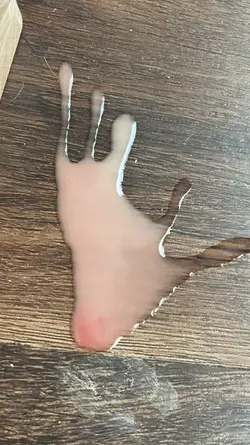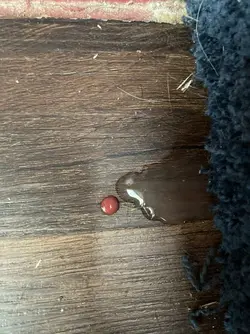Hi and welcome
I agree with all points raised!
The milky urine also indicates that your piggy is excreting lots of excess calcium. The odd calcium pee is not a problem but when they happen on a daily basis then you should review your diet as it can cause bladder stones or sludge in the long term.
Please take the time to read our syringe feeding guide link in this thread. It contains all the important information and the practical how-to tips that we cannot repeat in full in every thread, seeing that we all do this for free in our own free time. You will find the guide very helpful since it talks you through everything step-by-step and also contains helpful pictures and good welfare practice videos.
You may also want to have a read through this guide link here and look at your diet. Most calcium comes via the water and the pellets and not necessarily the veg although a balanced veg diet will also help for the long term. Starting with any diet changes now can buy you important time since it takes several weeks for them to work their way through the body but they are crucial for the long term and a longer healthy life expectancy, irrespective of whether it is a beginning infection or stones/sludge you are dealing with. Please brace yourself that symptoms will become more consistent over the next 5 days or so.
Long Term Balanced General And Special Needs Guinea Pig Diets
We cannot tell you whether it is a bacterial urine infection (UTI), a bacterial or a sterile recurring bladder infection (sterile interstitial cystitis or IC, which cannot be healed by an antibiotic) or whether there could be a stone or sludge in the urinary tract since the symptoms are all very similar. Your vet may need to work their way through them.
We have a very helpful practical information collection for new owners and a more extensive one for all owners on a wide range of topics. You may want to bookmark the links, especially as you are in a different time zone to UK and may need some quick answers during our down time.
Getting Started - Essential Information for New Owners
Comprehensive Owners' Practical and Supportive Information Collection
All the best.

